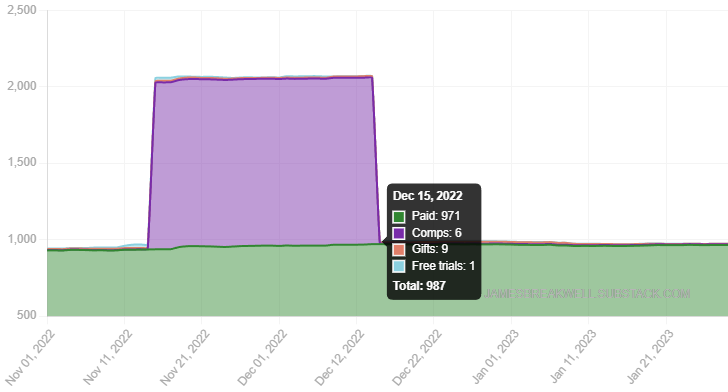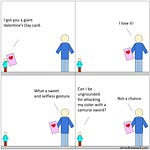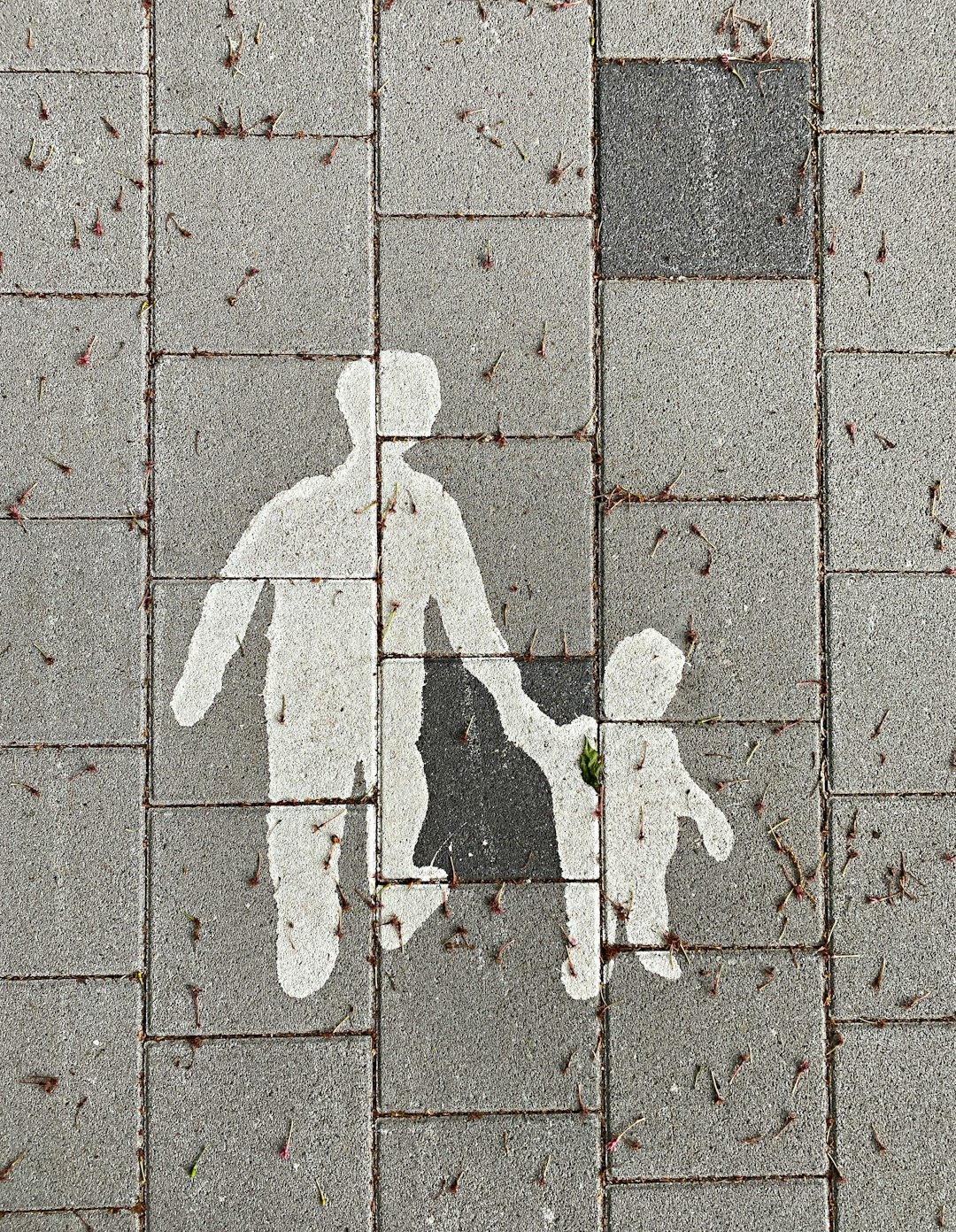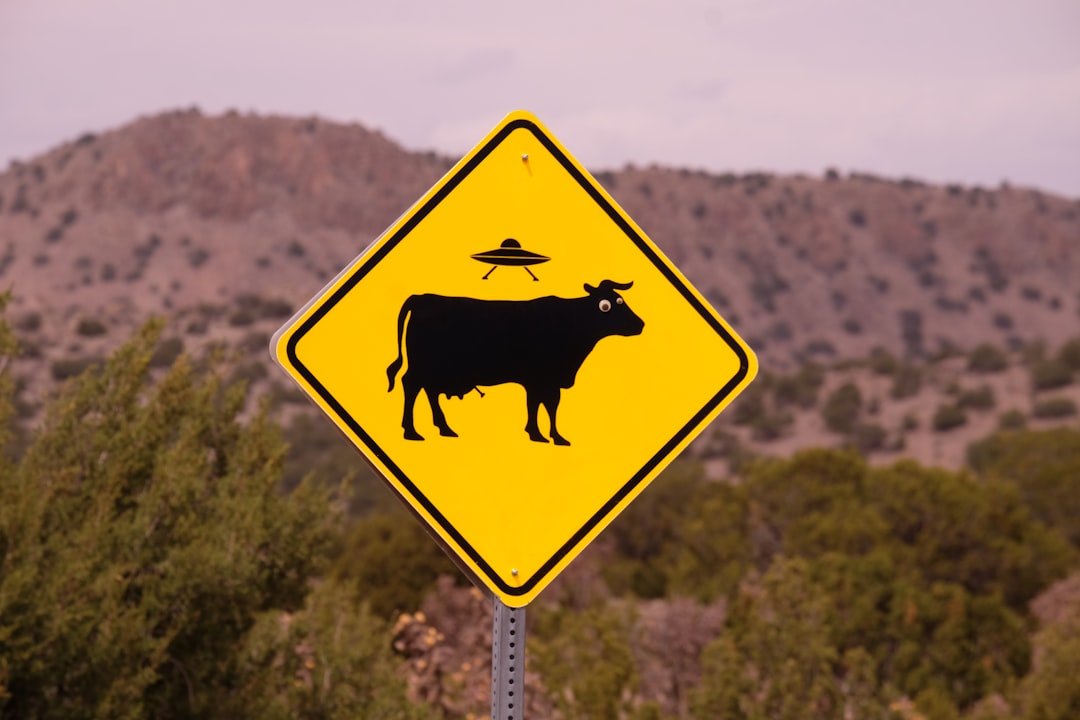If there’s one thing my kids don’t need help with, it’s being louder. That’s why requiring music classes at school has never made sense to me. I get that exposing them to the fine arts expands their minds and broadens their horizons. I just wish they were encouraged to spend more time appreciating it and less time attempting to create it themselves. Before kids make music, they make noise. That’s the stage where most of them stop. If you’ve never been to a middle schooler’s first band concert, I recommend you try it once in your life. It sounds like a car crashed into a wind chime factory that’s also full of angry geese. In the midst of that cacophony, you might just be able to make out the notes of Twinkle Twinkle Little Star, but only if you can tune out a lot of honking. I should know. I played in those concerts myself. It was a dark but deafening memory I thought I had left in my distant past—until now. My ten-year-old, Mae, has officially decided to take band class next year. All that’s left to do now is determine the instrument of our destruction.
We didn’t have this crisis when my now twelve-year-old, Betsy, started at middle school last year. She chose choir over band. This year, she qualified for the advanced section for kids who like to sing and are actually good at it, as opposed to the ones who are only doing it because they’re forced to. That would have been me. Every “elective” I’ve ever taken has been at academic gunpoint. Betsy, on the other hand, takes after her mother, who attended college on choir and theater scholarships and sang in musicals and concerts for all four years. Mae loves to sing, too, although her vocal range is, shall we say, less refined. She turns on her favorite playlist and just goes for it. The world is her karaoke bar. For her, though, that’s a private experience, even if we can hear her in every part of the house and, depending on the wind, halfway down the street. With practice, I have no doubt she’d sound as great as Betsy and Lola. She doesn’t want to go that route, though. The idea of singing on stage terrifies her, but she has no fear of going up there and blowing into an instrument. We still have her recorder from a few years ago, and she plays it quite often. I have to admit she has a talent for it. Her interpretation of Hot Cross Buns can nearly bring me to tears and not just because it’s so high pitched. She wants to recreate that experience with a much more expensive musical apparatus that can reach tones only certain animals can hear. Lucky for our dog that he’s already deaf.
Mae is leaning towards either the clarinet or saxophone. That’s a big choice to make in fifth grade. It’s not like you can jump back and forth between instruments. Whatever you pick will be your obligation for the rest of school. I’d say for the rest of your life, but most people stop at some point. I’ve known my close friend Greg since college, which he attended on a band scholarship. He was good enough that he actually got paid to play music. Until Friday, I thought he played the trumpet. Turns out it was actually the saxophone. That shows you how much he’s played it since we graduated. It paid for his college education, yet today he doesn’t even remember how to read music. Not that he needs to for his job as an analyst in the grocery industry, which is completely unrelated to his double major in education and history, but that’s another story. That’s not even the greatest musical fall I’ve heard of. Mark, my roommate for two years in college, was a French horn player who majored in music. Band class wasn’t just his passion; it was going to be his career. Today, he drives a semi. He doesn’t even listen to music on his route. He drives in silence. I get it, though. He has two kids at home. His days on the road are the only time he can hear himself think.
Greg plays Halo with me and my kids on Fridays, and he’s been using those sessions to convince Mae to pick the saxophone as the instrument she plays and later abandons. Lola and I are pushing for the clarinet. Partially, it’s because it’s shaped sort of like the recorder she already plays, and partially it’s because I baselessly believe it would be quieter than a saxophone. I think I have that illusion because it’s smaller than the alternative. I should know by now that loud noises can come from small packages. Just look at any of my kids. Whatever she picks, I think it’s crazy that she’s being forced into a binding choice at such an early age. She has almost nothing to go on. The school was supposed to host a day where she could “try out” each instrument, but I’m not sure how much of an informed choice she could make after blowing on everything twice. Mostly, what she would have learned is how bacteria is transmitted after she and her classmates put their lips on the same batch of instruments. The next pandemic will definitely start on band instrument testing day. Fortunately for humanity, Mae’s session was canceled due to a snow day. It’s not clear if it will be rescheduled. She might have to make her choice a hundred percent blind rather than just ninety-nine percent blind. I like those odds.

I was similarly uninformed when I made my choice, although I think I was in fourth grade rather than fifth. I picked the saxophone without ever trying it out for reasons that elude me now. Nothing I did then (or now) was particularly well thought out, so my decision may have been entirely random. My mom was against it from the start. She didn’t think I’d stick with it, so she bought a beat-up, used saxophone from a sketchy part of town. I assume it was previously owned by the lamest gang ever. Defiant to the core, I proved her completely right by quitting after just a few months. That was an impressive feat. Usually, band class required kids to finish out the year, but in my case, they made an exception and let me out at the end of the first semester in recognition of my truly unique lack of potential. I spent the rest of junior high in choir, where I was equally awful but much quieter. It was possible for me to get by moving my lips without producing any sound, which everyone agreed was my best volume. As for the saxophone, my mom resold it and recovered most of her money. I assume it’s still out there on the streets today. If you’re ever in a dark alley and get accosted by a pep band with a very dented brass section, I had nothing to do with it.
Sadly, Mae lacks my potential as a top-tier quitter. I have no doubt she’ll stick with her chosen instrument at least through high school. Worse, she’s setting a bad example for her younger sisters. They’re already talking about what instruments they want to play when they’re in middle school. Before long, I’ll have an entire band on my hands. I’m not sure if I’m rooting for them to be really good so they’ll be easier to listen to or really bad so they’ll give up and do something else. At least none of them want to play the drums. I wouldn’t survive a multi-child percussion section.
***
I’ve had a recent uptick in, um, “interesting” emails, so it’s time for me to address a few issues again. Stay tuned for some embarrassing financial disclosures to let you know what the life of a writer in 2023 is really like. But first, a parable.
Imagine walking into the grocery store on free sample day. A minimum-wage employee at a booth offers you a small bowl of Sugar Max Cereal. You eat the cereal. It’s good. Then you notice that, behind the free samples of Sugar Max, there are also full boxes of it. The boxes aren’t free, but you don’t have to buy one. You can eat the free sample and walk away. You can even come back to the same booth and get another free sample. In fact, you could come back to the free sample booth every free sample day for the rest of your life and no one will ever force you to purchase a box. But that’s not enough. You’re enraged that buying a box is even an option. Cereal should only ever be free. A factory full of unpaid laborers should make it, unpaid drivers should ship it to the store, and unpaid grocery store employees should hand it to you without even the possibility of currency being exchanged. You fly into a rage and tip over the table like Jesus chasing money changers out of the temple. You feel good about your decision. Now there will be no cereal for anyone for free or for money. You taught the world a lesson about capitalism today. You won the internet.
That’s the gist of the emails I’ve been getting lately. I don’t have a grocery store or a cereal factory, but I do have a Substack account. I send out completely free newsletters on Mondays and a paid newsletter with a free preview on Fridays. If you want, you can read just the free content and never pay me a dime. That’s what literally ninety-nine percent of my subscribers do. I’m good with that. One percent of a big number is still an okay number. That generous minority funds all the other content I put out for everybody else. All I ask is that, if you’re a free subscriber and you want to leave after reading my content and never paying me anything, please don’t send me an irate email explaining why I suck. When you decide not to attend free sample day, you don’t send the grocery store an obscenity-laced letter listing all the reasons you’re leaving. At least I hope you don’t. Given the behavior of a few of you, I’m not so sure any more.
I’m thirty-seven years old, which is about the age when hopes and dreams turn into cold, hard realism. I’ve published six books, and I can say with near total certainty that I’ll never make a living by writing them. Publishers have irrefutable sales data on me now, which is why my advances are going down, not up. Do you know how many books I’d have to write every year to replace my day job? Eighteen. That’s a new book every three weeks, and that’s just to equal my salary. If you factor in things like a 401(k) and health insurance (which, if you haven’t noticed, I use quite a bit), I’d have to write north of twenty. Needless to say, that’s impossible. That’s why I have a paid Substack tier. It pays me the equivalent of ten books a year. I’m not getting rich, and I’m not quitting my day job, but it pays just enough that I can call it a side hustle rather than a hobby. That’s how I can justify it to my wife and kids when I have to ignore them yet again to write jokes on the internet. In terms of budgeting my limited number of daylight hours, it makes all the difference.
Here’s the hardest lesson I’ve learned as a writer and reluctant salesman: Whether or not you’ll pay for content has little to do with what I have to offer and everything to do with who you are. One morning, I woke up and my total number of paid Substack subscribers had jumped by a thousand. I stared in disbelief. Overnight, my writing income had doubled. I was two-thirds of the way to being a full-time writer. Then I looked at the numbers more closely. Those thousand new subscribers were comped, meaning free. Substack was running an experiment. For one month, they gave a thousand of my most engaged free subscribers a trial premium account to see if they’d pay for it at the end of the thirty days. These were people who religiously read every single free email already. If anyone would convert from free to paid, surely it would be them.
What do you think the conversion rate was at the end of thirty days? Twenty percent? Ten? Try zero. Exactly zero. Not a single person who had premium access for thirty days stuck around. I can tell you why. These were the free-sample people. The thing that kept them from becoming paid subscribers before the trial wasn’t that they didn’t know what was behind the paywall or that it cost five dollars a month. They wouldn’t pay one dollar or one cent. They were the kind of people who don’t pay for internet content, period, which is fine. They weren’t upset that there were boxes of cereal for sale. They just didn’t want one. The free samples were enough to fill them up. Giving them a whole box as a trial didn’t change who they were.
There are some situations in my life where I’m a free sample person, and there are others where I gladly fork over money. I won’t pay for a subscription to Mega Corporation Newspaper. Two free articles a month are enough for me, and giving me a free thirty-day trial subscription wouldn’t change that. It’s not because of their content. It’s because I’m a former journalist who used to work at places like Mega Corporation, first as a full-time reporter straight out of college, and later, as a humor columnist after I built up an internet audience in my own right. Neither tenure ended well, and as a result, I’m not going to become a paid subscriber, even for pennies a month.
On the flip side, I always buy books from authors at signing tables with nobody in line. It doesn’t matter what the genre is, even though I always ask them to tell me about their erotic-paranormal-cozy-mystery-beach-read. I buy the book not because of what it is, but because of who I am: a fellow struggling author. I recognize the pain of sitting at that folding table while everyone walks by and tries not to make eye contact. I feel it in my soul. To date, I haven’t read a single one of those books, but I paid full retail price for each one, and I’d do it again in a heartbeat. I buy them because of what the act of buying says about me. It’s the same reason certain people become paid subscribers to my newsletter.
Maybe it’s because you’re a fellow aspiring writer—or aspiring anything—and you recognize my struggle in yourself. Maybe it’s because you’re the kind of person who supports the arts—as if anything I’ve ever done could approach that lofty threshold—or because you have a soft spot for lost causes and charity cases. Pity money is real money, too. Or perhaps it’s because you see yourself not in my writing, but in me and my family. You grew up with a bunch of siblings or raised a bunch of kids or just in general found yourself thwarted by the universe at every turn. Those are my people, and no act of God or man can turn a free sample person into one of them. They just are, and my job is to find them, not convert them.
Every month, readers come, and readers go. The churn rate is pretty substantial. In all that, I keep an eye out for my people, who gradually reveal themselves. If that’s you, I’d love to see you on the paid subscription side. And if it’s not, enjoy the free content. Stay as long as you want, up to and including forever. But if you decide to leave, my one request is that you have some grace as you exit. Quietly walk out the door rather than flipping me the double bird and burning down the building. That’s probably still asking too much.
Anyway, that’s all I’ve got for now. Catch you next time.
James













Share this post